Céline Dion’s documentary, I Am: Celine Dion, has been finally released, offering a rare and candid look into her daily struggles. In one particularly vulnerable moment, Dion shares her experience of suffering a terrifying seizure that lasted several minutes.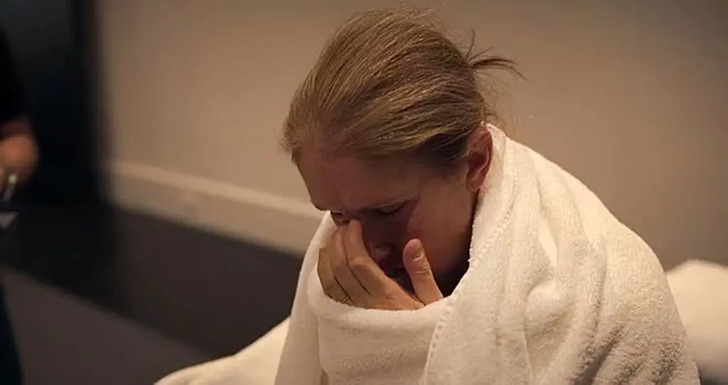
© I Am: Celine Dion / Sony Music and co-producers
The documentary captures a tense moment as Céline Dion undergoes a medical evaluation. The Grammy-winning artist has been struggling with spasms linked to stiff person syndrome, a rare and progressive neurological disorder.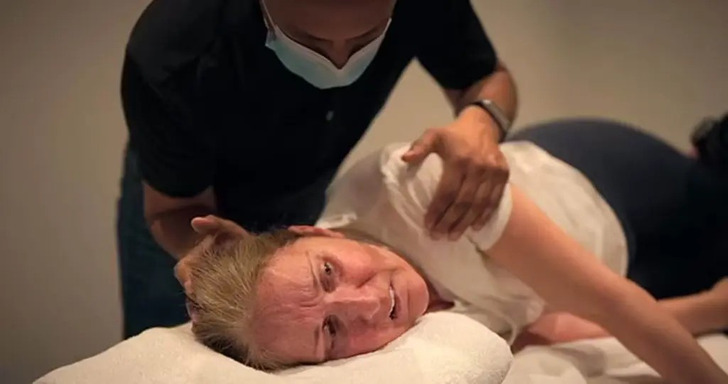
© I Am: Celine Dion / Sony Music and co-producers
Lying down on a massage table, 56-year-old Dion experiences spasms. Her doctor, Lobo, cautions that these spasms could “lead to a crisis.”
Soon after, the icon begins to experience a severe seizure. Her doctor swiftly calls for another medical team member to give her a medication used to treat nervous system disorders.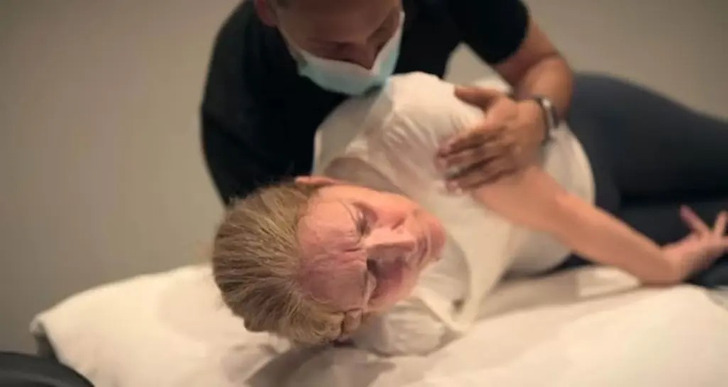
© I Am: Celine Dion / Sony Music and co-producers
At that moment, Dion can be heard groaning in pain as she shakes uncontrollably while lying face down. In a startling moment, Dion appears wide-eyed and unable to move independently.
Despite her condition, she remains conscious and manages to signal her awareness by weakly squeezing one of the medical expert’s hands.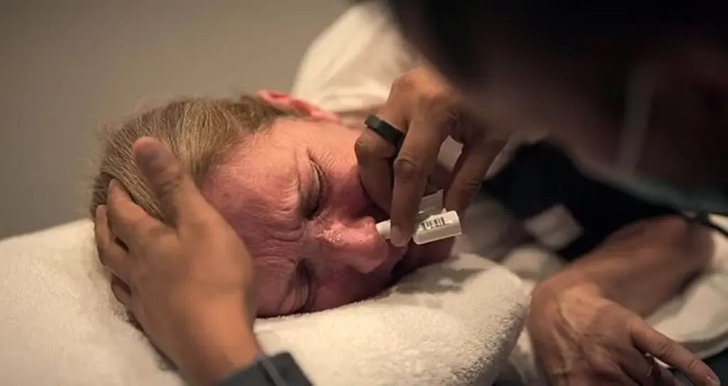
© I Am: Celine Dion / Sony Music and co-producers
Following the administration of two doses of a nasal spray, Dion starts to recover from the seizure. The doctor mentions that if she hadn’t responded, they would have needed to rush her to the hospital.
As the My Heart Will Go On singer seems to regain her composure, she confesses to everyone in the room that experiences like these leave her feeling “so embarrassed.”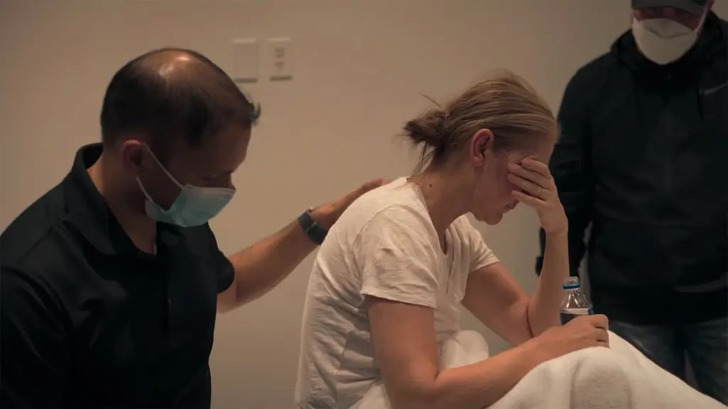
© I Am: Celine Dion / Sony Music and co-producers
Describing her horrible experience, the singer says, “I don’t know how to express it, like, it’s just … you know, like, to not have control of yourself?” Her doctor, Lobo, explains that the likely trigger for the seizure was Dion’s recent session in the studio where she had been singing, which overstimulated her brain.
Dion replied, “Well, what am I gonna do? If I can’t get stimulated by what I love, and then I’m gonna go onstage and, like, you’re gonna put the pulse oximeter on me, and you’re gonna turn me on my back?”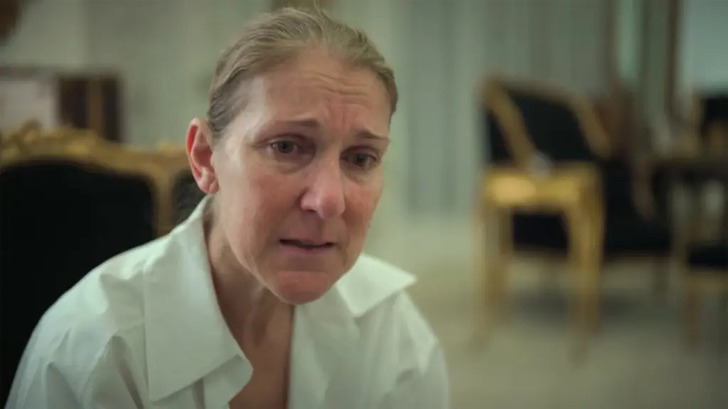
© I Am: Celine Dion / Sony Music and co-producers
Céline revealed her stiff person syndrome diagnosis back in December 2022. The star had to cancel tour dates in Europe, postpone her Las Vegas residency scheduled for October 2021, and later cancel her North American tour.
We admire Céline Dion’s determination and strength in the face of the formidable challenges she has encountered. Her life has been a journey fraught with difficulties from a young age, and here are seven major struggles that have shaped her into the inspirational icon she is today.
Preview photo credit I Am: Celine Dion / Sony Music and co-producers
The old dog found and rescued the puppy who was freezing in the snow

An old dog named Ben found a puppy sleeping in the snow.He decided to come to his aid and take him somewhere warm. Ben practically immobilized the child by grabbing him by the scruff of the neck with his fangs and dragging him inside the warm sanctuary.
Ben’s owner was a generous individual who felt obliged to help the cold puppy. The dog pulled the baby inside and laid him down on his bedding. The dog could not get warm and continued to shiver.

The baby’s owner made him some milk, which he took a few sips of before turning away because he was too sick to continue drinking. With time, the shaking stopped, and the puppy was able to sleep. But he was a restless sleeper who trembled and complained all the time.
The baby slept for quite some time. When he woke up, the stranger looked him over. He detested how the animal’s legs looked. Wrapped in a blanket, he brought the dog to the veterinarian. After evaluating the patient, the physician suggested a course of action.



Leave a Reply